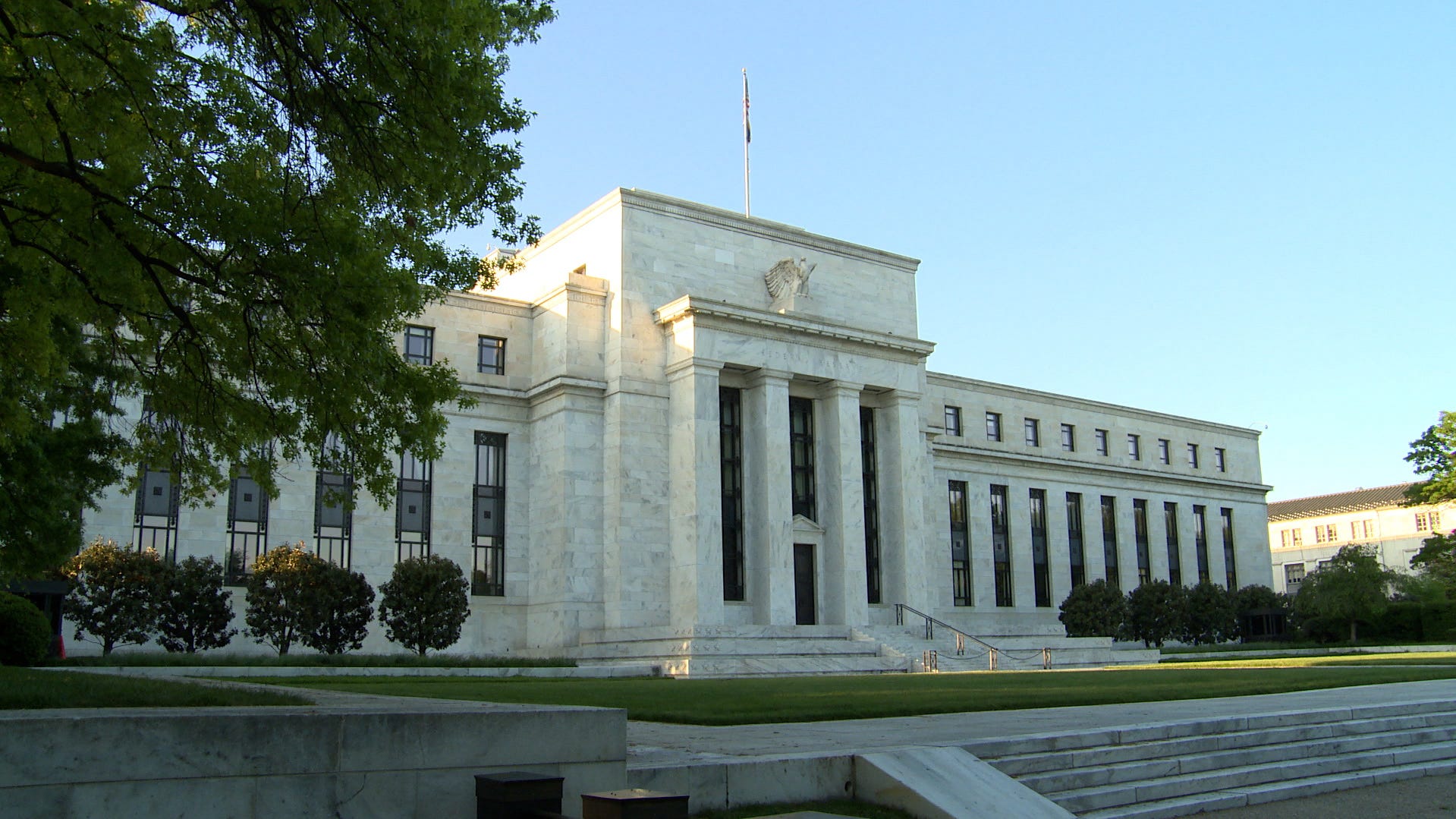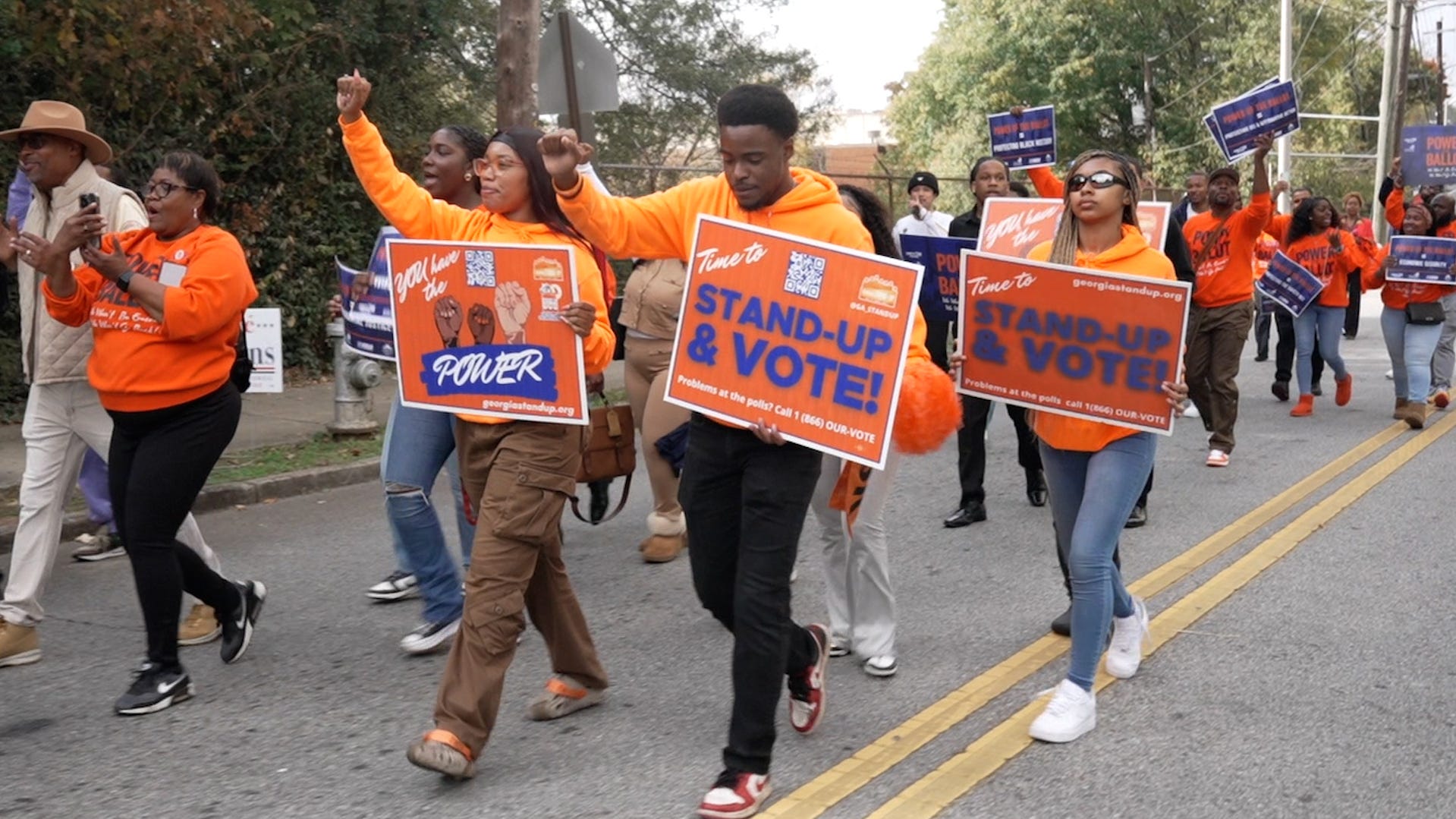Lock in a mortgage rate after the Fed cuts? This might be your last chance

One day after Donald Trump’s election victory, investors sent bond yields sharply higher. The “Trump trade” is likely to keep rates for home loans rising, despite the Federal Reserve's Thursday rate cut, experts say.
That means that anyone looking to buy a home or lock in a lower refinance rate will have to seize any chance they get over the next few weeks before rates head higher for what could be a while.
“Rates have moved in a direction that suggests investors are preparing for either more inflation or stronger economic growth,” said Danielle Hale, chief economist for Realtor.com. “Either way, it does seem likely, at least in the short term, that mortgage rates are going to go higher.”
The Fed's quarter-point cut was widely expected by economists. Mortgage rates generally follow the path of that benchmark rate – but not recently. When the Fed met in September, it cut rates by 50 basis points. The 30-year fixed-rate mortgage averaged 6.20% at that time, according to Freddie Mac data. This week, it's at 6.79%.
What will mortgage rates do post-election?
Rates aren’t likely to reverse course any time soon, said Bright MLS Chief Economist Lisa Sturtevant in emailed comments.
“Trump’s fiscal policies can be expected to lead to rising and more unpredictable mortgage rates through the end of this year and into 2025,” she said. “Bond yields are rising because investors expect Trump’s proposed fiscal policies to widen the federal deficit and reverse progress on inflation.”
Economists and investors believe Trump’s policies will be inflationary because tax cuts will likely force the federal government to issue more debt, Sturtevant noted. If that happens, the government will have to pay more to attract investors. His promises to enact tariffs on imported goods will also increase prices.
“A reversal in inflation, which has been falling for most of the past two years, would complicate the Federal Reserve’s rate cutting decision,” Sturtevant added. “If the Fed holds back on rate cuts, mortgage rates could remain higher for longer.”
Should you lock in a lower rate now?
Nina Gidwaney, head of refinance and home equity at Chase Home Lending, notes that it's "nearly impossible" for consumers to time the market. "We believe that the market has already priced in a 25-basis point Fed rate cut and this is reflected in current mortgage rates," she said.
But Hale believes that anyone looking to lock in a lower mortgage rate, whether for buying a home or refinancing a mortgage obtained in the past few years, might have a slim window of opportunity in the coming weeks if some of Tuesday's market moves retrench. “Markets sometimes tend to overreact, and I think some of what we’re seeing now could be an overreaction," she told Paste BN.
For anyone who’s been trying to buy, the final few weeks of the year may offer some opportunity, Hale said. The number of homes listed for sale has been increasing steadily over the past several months, reaching its highest point since before the pandemic in October, according to Realtor.com data. Prices have also softened slightly as they often do in the fall. The median national price of a home listed for sale is now the same as it was a year ago, at $424,950.
That may change soon, Sturtevant said. “The housing market was just beginning to feel as though it was moving more toward balance following the unprecedented impacts of a global pandemic and related responses,” she wrote. “The next few months could be a challenging time for prospective homebuyers. "

(This story has been updated to show that Nina Gidwaney is head of refinance and home equity at Chase Home Lending and to remove an extra, inadvertent, word.)